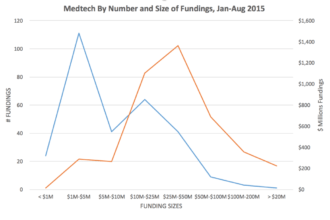Technology, Transitions, and Thoughts – Oh, my!
Technology, Transitions, and Thoughts – Oh, my!
On the road to a healthier nation and a more cost-effective health care system, health systems and physicians in the U.S. are about to face a mandate for coordinated care with patients. And there will be penalties and payment cuts if transition from bedside to home is not carefully managed. This seems like a logical path as hospitals work to reduce readmissions. In many other industries, technology implementation has proven to increase efficiency, effectiveness, and quality. Unfortunately, this has not been the case when it comes to health care, even enabling follow-up with patients as they leave acute care settings. So what are providers supposed to do?
Rather than being overwhelmed with many unknown challenges, physicians and health systems can adopt a rhythm according to which they can evaluate emerging technologies, support transitions of care, and empower patients to participate in their own follow-up care and managing their health conditions.
Questions to Address Come from the Leading Providers
In conversations with many of or Revive’s clients, we recognize that each organization needs to write its own music and arrange its own tune. Leading organizations are creating multi-stakeholder teams to evaluate how best to address the transitions of care from hospital to home, and the first step is to ask a few fundamental questions:
- What is the current workflow for the way we transition patients to their homes?
- How can we address the shortage of skilled clinicians to support transition and provide education to patients and their home caregivers?
- Do we have a “navigator” or a “mobility expert” that helps patients leave the hospital with confidence?
- What processes or methodologies can we automate?
- Have we looked at emerging technologies that can support transitions and shape post-acute care delivery?
Patient Power
Health Technology entrepreneurs and innovative researchers in the medical field are exploring how to enable providers to give patients better care. Communication is the key. From motivational tools, self-care, population health, mHealth, and consumerism of health care information, entrepreneurs are innovating approaches to care coordination that also empower patients to make thoughtful decisions about ways to impact their own health.
Revive is helping those entrepreneurs, along with health systems, physician groups, and health services companies of all stripes, forge the way, leveraging marketing and PR to engage people and organizations all along the health care continuum. Together, we’ve discovered not only the power of effective communications, but the power of working with leaders and entrepreneurs who are as passionate about health care as we are.
For strategic counsel on how to engage your organization in the care coordination movement, and communicate its participation to your key audiences – health systems, physicians, specialty providers, and consumers – please contact Mirena Bagur at mbagur@contexogroup.com.








